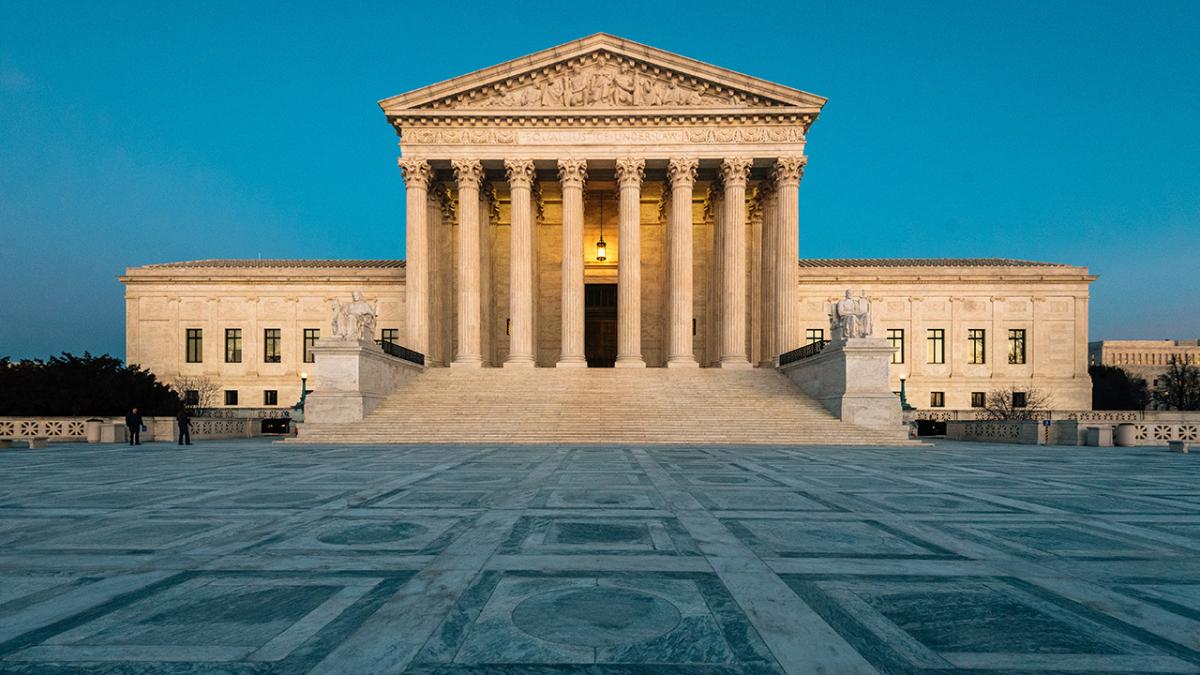Adobe Stock
This colummn was first published by Nebraska Farmer on July 5, 2024, and is excerpted here with permission. Read the full article here.
In late June, the U.S. Supreme Court issued a ruling that overturns the long-established Chevron doctrine and sets the stage for more contentious policy development and review. And the new farm bill could be a first test of how the ruling plays out in reality as legislation move forward.
The Chevron doctrine was named for a Supreme Court case dating to 1984, establishing the principle that federal courts would defer to federal agencies for reasonable interpretation of ambiguous statutory provisions.
While Congress is responsible for developing and passing legislation that establishes statutes, the executive branch agencies are responsible for interpreting those statutes and implementing regulations and program provisions.
The federal courts are often called upon to pass judgment on both the legislative language and the agency interpretation and rules, but the Chevron doctrine gave deference to the agencies in their interpretation of the sometimes-ambiguous statutes.
Impact on ag
Not surprisingly, the Chevron doctrine has been unpopular with some interest groups and people who perceive that federal agencies are going too far in interpreting statutes and claiming authority as they develop regulations across a wide range of issues.
Ironically, the original Chevron case from 1984 held that agency deference was appropriate in a case ultimately addressing whether the federal government was not going far enough with environmental regulations.
Of course, the political sentiment for or against the court ruling tends to mimic the sentiment for or against the underlying federal agency action, and the question of who is in control of the executive branch, and who is in control of the Congress that writes the legislation in the first place.
With the recent ruling to overturn the Chevron doctrine, there are numerous legal and policy questions ahead. There is an old adage I’ve heard and followed — lawyers should not pretend to be economists, and economists should not pretend to be lawyers. I am definitely of the economics persuasion and can’t speak to the legal insight on the road ahead, but I do follow policy development closely and see some interesting issues to address.
Continue to full article via Nebraska Farmer ...


